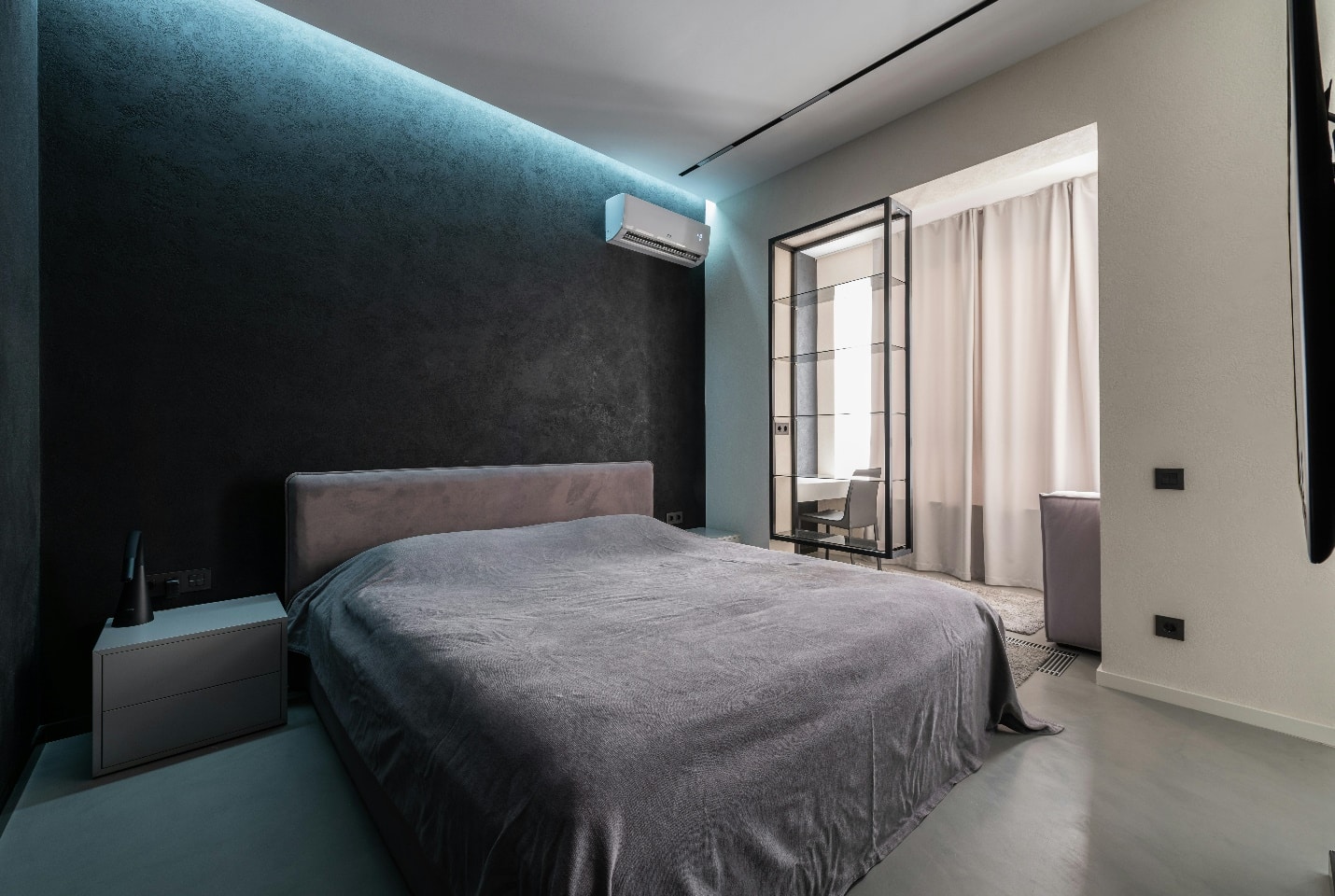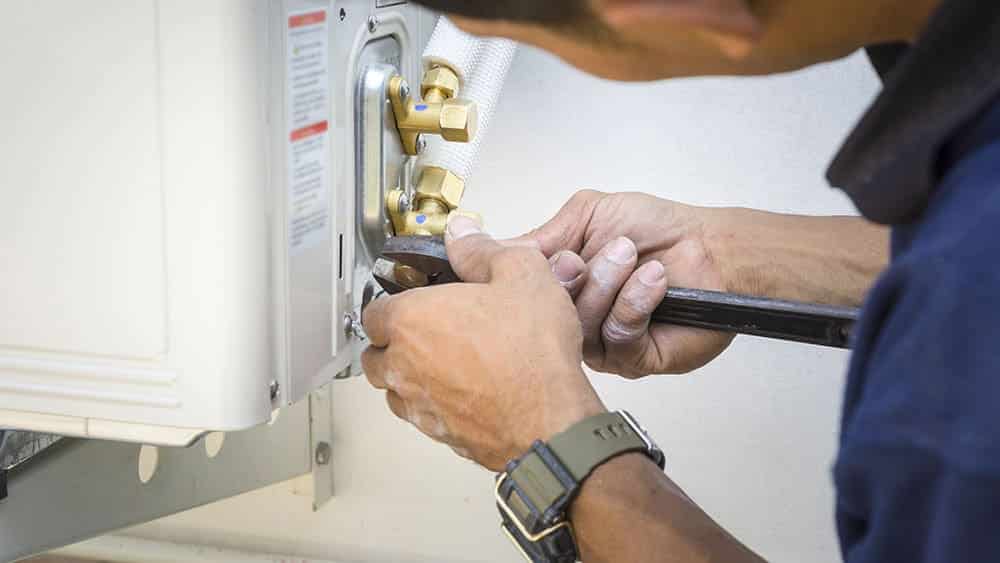
Living in a hot and humid climate like West Palm Beach, FL, means your air conditioner isn’t just a luxury; it’s a necessity. But have you ever noticed that despite running your AC all day, your energy bill keeps rising? Or maybe your home still doesn’t feel as cool as it should?
Many homeowners unknowingly make mistakes with their air conditioning systems that lead to inefficiency, higher utility costs, and even premature system breakdowns. From installation errors to simple everyday habits, these mistakes could be costing you more than you realize. The good news? Most of them are easy to fix with a little awareness and the right approach.
One of the biggest and most costly mistakes homeowners make starts right at the beginning, with improper installation. If your AC system isn’t installed correctly, it can lead to frequent breakdowns, uneven cooling, and wasted energy. Let’s dive into why these matters and how you can avoid unnecessary expenses.
Incorrect AC Installation Can Lead to Long-Term Costs
A properly installed air conditioning system is key to keeping your home comfortable and your energy bills under control. However, many homeowners end up paying for costly repairs and inefficiencies due to poor installation. Whether it’s choosing the wrong size unit, improper ductwork, or failing to set up the system correctly, installation mistakes can haunt you for years.
If you’re considering a new AC installation in West Palm Beach, FL, ensuring a certified professional does it can prevent costly inefficiencies down the road. A well-installed AC system ensures proper airflow, maximizes energy efficiency and prevents unnecessary wear and tear. Experts in the area understand the unique cooling needs of Florida homes and can recommend the best unit size and setup to match your space. Getting it right the first time means fewer breakdowns, better cooling, and lower energy bills in the long run.
Neglecting Regular Maintenance and Filter Changes

Many homeowners assume that once an AC unit is installed, it will run efficiently on its own. Unfortunately, skipping routine maintenance is one of the most common mistakes that lead to high energy costs and frequent repairs.
A dirty air filter, for instance, can restrict airflow, making your AC work harder to cool your home. It not only increases energy consumption but also shortens the lifespan of your unit. A simple habit like changing your filter every 1–3 months can significantly improve efficiency and indoor air quality.
Beyond filters, scheduling an annual AC tune-up can help catch potential problems early. Regular maintenance includes checking refrigerant levels, cleaning coils, and ensuring all components function correctly. Investing in preventive care can save you from unexpected breakdowns and expensive repairs.
Setting the Thermostat Way Too Low
It’s a common misconception that cranking down your thermostat to the lowest setting will cool your home faster. The truth? Your AC works at the same rate, no matter the temperature setting. The only difference is that a lower setting forces it to run longer, increasing energy costs.
Experts recommend setting your thermostat to 78°F when you’re home and raising it slightly when you’re away. If that sounds too warm, using a ceiling fan can help circulate cool air more effectively.
For even better energy management, consider upgrading to a smart thermostat. These devices learn your cooling habits, adjust temperatures automatically, and can be controlled remotely through your smartphone. Over time, they help optimize your AC’s performance and reduce energy waste.
Blocking or Closing Vents in Unused Rooms
Many homeowners believe that closing vents in unused rooms will help save energy. Unfortunately, this common practice can actually do more harm than good.
Your AC system is designed for balanced airflow. When you close vents, pressure builds up in the ductwork, forcing your system to work harder to distribute air. It can lead to higher energy bills, uneven cooling, and even damage to your duct system over time.
Instead of closing vents, a better solution is to use a zoning system. It allows you to control the temperature in different areas of your home without disrupting airflow. If a zoning system isn’t an option, simply keeping doors open and ensuring vents remain unobstructed can help maintain proper circulation.
Ignoring Signs of AC Problems
A sudden spike in your energy bill, weak airflow, or strange noises from your AC aren’t just minor inconveniences; they could be early signs of a bigger issue. Ignoring these warning signs leads to more significant (and expensive) repairs down the road.
Common AC warning signs include:
- Unusual noises – Banging, rattling, or hissing sounds could indicate a mechanical problem or refrigerant leak.
- Weak airflow – This could be due to a clogged air filter, blocked vents, or failing components.
- Hot and cold spots – Uneven cooling may point to issues with your ductwork or thermostat.
- Unpleasant odors – Musty smells can signal mold growth in your ducts, while a burning smell may indicate an electrical issue.
If you notice any of these signs, don’t wait until your system completely breaks down. Getting a professional inspection can prevent minor issues from turning into costly repairs.
Your air conditioner plays a crucial role in keeping your home comfortable, but common mistakes can make it less efficient and more expensive to operate. Whether it’s improper installation, neglecting maintenance, or setting the thermostat too low, small habits can add up to high costs over time.
Avoid these pitfalls, and you can extend the life of your AC system, lower your energy bills, and ensure consistent comfort throughout the year. If you’re in a warm climate like West Palm Beach, making smart AC choices isn’t just about saving money; it’s about keeping your home cool and comfortable when you need it most.
Taking a proactive approach to AC care today can save you from headaches and costly repairs down the road. Make sure your system is running efficiently, and you’ll enjoy a cooler, more cost-effective home for years to come.
